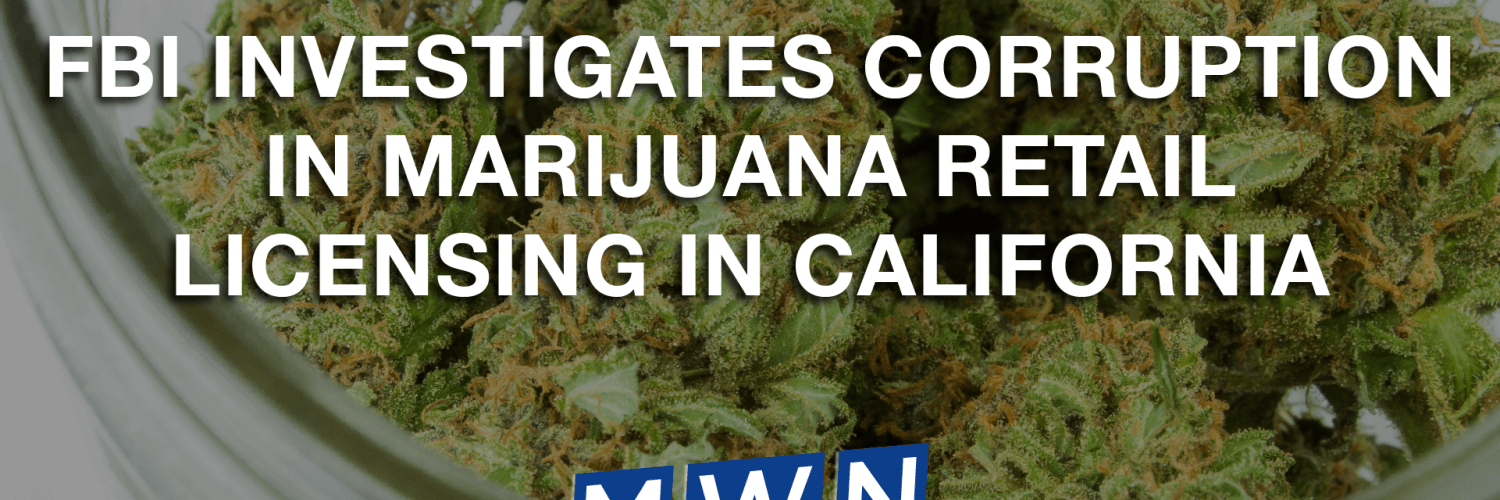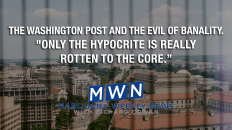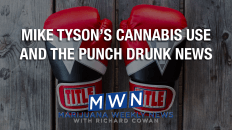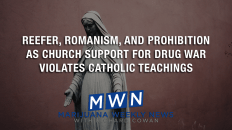The Los Angeles Times is reporting that the FBI has raided homes and offices of officials the Los Angeles suburbs suspected of corruption in the issuance of local retail licenses for recreational marijuana.
The Times reported, “Since California voters legalized recreational cannabis four years ago, allegations of conflicts of interest, bribery and bias in the permitting process have plagued cities and counties as they try to regulate the fledgling industry.”
I’m shocked! Shocked!
See: Are Amsterdam Cannabis Coffee Shops Shutting Down?
The City of Los Angeles has less than half of the population of the metropolitan area which has numerous suburbs with independent municipal governments with their own licensing authority, and graft opportunities. These problems are not confined to marijuana licenses. Ten years ago, Bell, another suburb had a scandal big enough to earn its own Wikipedia article.
So this is hardly surprising.
Of course, there are many small cities around the state, not just in Greater Los Angeles, that offer similar “opportunities.” Bribery charges have been filed in at least half a dozen counties in recent years, including Alameda, San Bernardino, Humboldt and Siskiyou counties.
As more states move to legalize marijuana we might see similar problems around the country. There are two seemingly opposite forces contributing to these problems. The lingering fog of prohibitionist propaganda about the proclaimed dangers of marijuana lead to unnecessary and unrealistic restrictions on the production and retail sales. Regulate marijuana like alcohol… or like plutonium?
See: How Legalizing Cannabis Can Bring Back the Right Kind of Tourism
On the other hand, “Progressives” and “Civil Rights” advocates have stopped supporting prohibition just in time to become experts on retailing. They are demanding “Social Equity Programs” that might grant valuable licenses to persons who can represent the millions of victims of prohibition — with lots of help from expensive lawyers, of course— and get to make monopoly profits as compensation for the decades of social injustice inflicted on millions.
We are about to see a similar problem in New Jersey, which just voted overwhelmingly for legalization after members of the African American clergy supported the continued arrests of more than 30,000 disproportionately black New Jersey marijuana users every year. And it might inevitably be the same problem in other states.
Of course, the State governments are another part of the problem, because the politicians see marijuana legalization another opportunity to raise taxes. The pandemic has cost the states billions of dollars in lost revenues, but the best way to raise tax revenues and bring jobs to minority communities is to get out of the way.
People without expensive lawyers — and/or friends in high places — deserve the opportunity to set up marijuana related businesses, cafes, bodegas, restaurants, and/or Dutch style “coffee shops” in their own neighborhoods with basically one rule: NO HARD DRUGS.
There are many compelling reasons to legalize the retail sales of marijuana, but the most urgent reason is to take it out of the black market where it is sold with hard drugs.
In a Dutch coffeeshop (there are about 700 around the country) no one can offer you hard drugs. They call it the “Separation of the Markets” and apparently it works. While U.S. drugs policies are a major disaster with a rate of 314.5 deaths per million and an estimated total of 67,367 drug-related deaths in 2018, the U.S. lost more lives to the use of drugs than the next 20 countries combined.”
The Dutch lost 262 people to drug overdoses. (None to marijuana.)
See: Grey Area Coffeeshop, Amsterdam – An Internationally Famous Cannabis Coffee Shop
Or do we need a license to be free?
- Richard Cowan is a former NORML National Director and the author of Avoid These Mistakes While Buying A CBD Cream.




